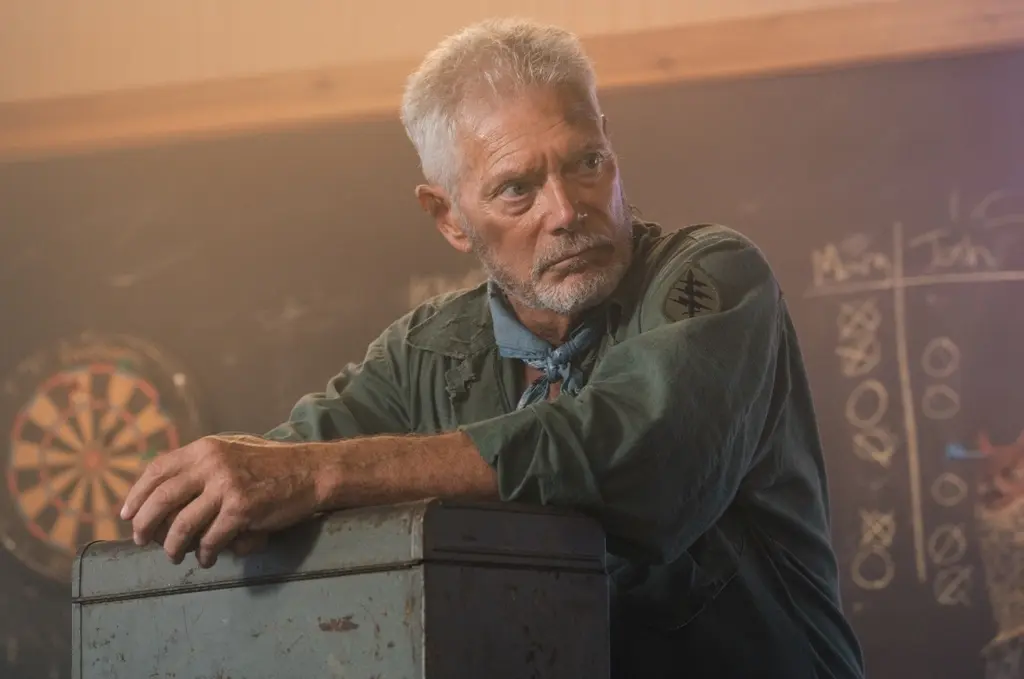In his first three features as a director, two-time Oscar-winning actor Denzel Washington chose to explore the (often difficult) experiences of Black Americans. “Antwone Fisher” (2002) and “The Great Debaters” (2007) were fact-based and “Fences” (2016) was an adaptation of the 1985 play by August Wilson. All low-budget affairs, each took in practically double their cost at the box office and received favorable reviews. Not huge cash cows, Washington’s pet projects still left everyone involved relatively pleased.

Charles Monroe King (Michael B. Jordan) and Dana Canedy (Chanté Adams), in "A Journal for Jordan." Sony Pictures Entertainment Inc.
|Updated:





